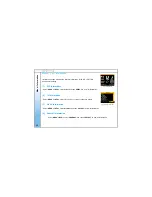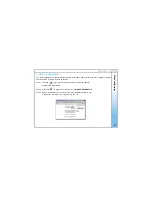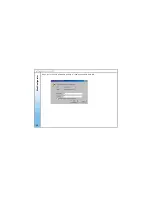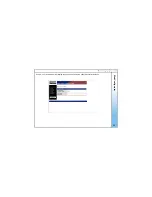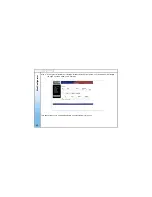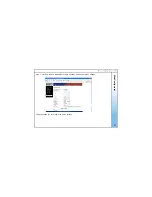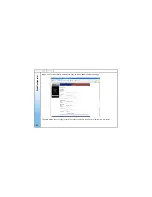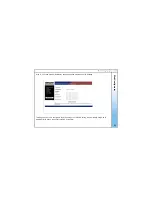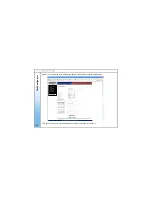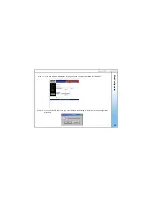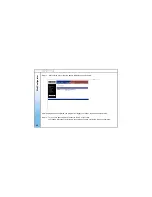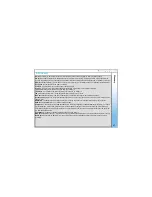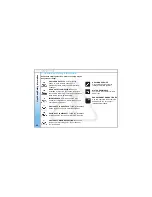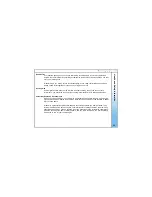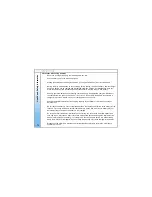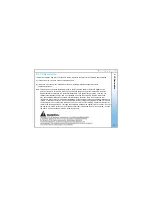
Heal
th
an
d S
afet
y
In
fo
rmati
o
n
Precautions when using batteries
-
Never use a charger or battery that is damaged in any way.
-
Use the battery only for its intended purpose.
-
Storing the battery above 45 degrees Celsius (113 degree Fahrenheit) is not recommended.
-
Battery charging time depends on the remaining battery charge, the type of battery, and the charger
used. The battery can be charged and discharged hundreds of times, but will gradually wear out.
When the operation time is noticeably shorter than normal, it is time to buy a new battery.
-
Use only approved batteries, and recharge your battery only with approved chargers. Disconnect
the charger from the power source when it is not in use. Do not leave the battery connected to a
charger for more than a week, since over charging may shorten its life.
-
Extreme temperatures will affect the charging capacity of your battery: it may require cooling or
warming first.
-
Do not leave the battery in hot or cold places because the capacity and lifetime of the battery will be
reduced. Try to keep the battery at room temperature. A phone with a hot or cold battery may not
work temporarily, even when the battery is fully charged.
-
Do not short circuit the battery. Accidental short circuiting can occur when a metallic object like a
coin, clip or pen may cause a direct connection between the positive and negative terminals of the
battery (metal strips on the battery). For example, do not carry a spare battery in a pocket or bag
where there may be metal objects. Short circuiting the batteries may cause damage to the battery.
-
Dispose of used batteries in accordance with local regulations. Always recycle. Do not dispose
of batteries in a fire.
70

